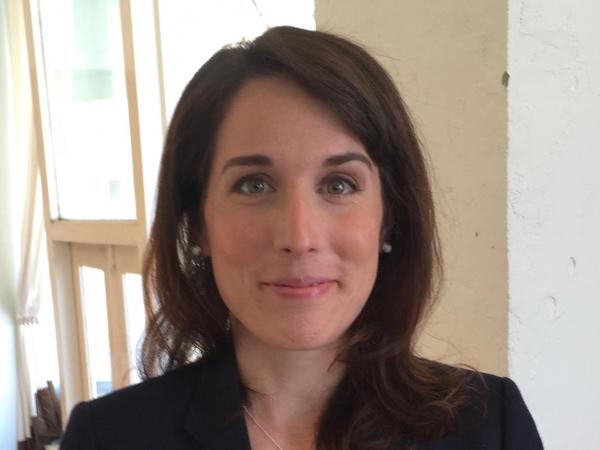Lecture: Translating the Chaos: The Ancient History of Hate Symbols
Sarah Bond (University of Iowa); Q&A Moderated by Rachel Rafael Neis (University of Michigan)

Thursday, November 12, 2020
4:00-5:00 PM
Virtual
This lecture addresses the ancient origins of various symbols––the cross, the swastika, torches, and the Roman fasces––used today in order to communicate messages of marginalization, hate, legitimacy. The use and abuse of these hate symbols by white supremacist groups has been catalogued by groups such as the Southern Poverty Law Center, but can better understanding the history behind these symbols help us to render them impotent?
Lecture followed by questions moderated by Professor Rachel Rafael Neis (University of Michigan).
This event is eligible for RCRS credit for History PhD students.
Sarah E. Bond is associate professor of history at the University of Iowa. She is an ancient historian who has written for the New York Times, Forbes, and online arts journal Hyperallergic. She is the author of numerous articles on Roman law and the economy, in addition to her work as a blogger and public historian. Her book, Trade and Taboo: Disreputable Professions in the Roman Mediterranean, was published by the University of Michigan Press in 2016.
Free and open to the public. This is a remote event and will take place online via Zoom. Please register in advance here: https://umich.zoom.us/webinar/register/WN_9ihjdPGHTnKqiLojb6lvTg
This event is part of the Thursday Series of the Eisenberg Institute for Historical Studies. It is made possible by a generous contribution from Kenneth and Frances Aftel Eisenberg.
Lecture followed by questions moderated by Professor Rachel Rafael Neis (University of Michigan).
This event is eligible for RCRS credit for History PhD students.
Sarah E. Bond is associate professor of history at the University of Iowa. She is an ancient historian who has written for the New York Times, Forbes, and online arts journal Hyperallergic. She is the author of numerous articles on Roman law and the economy, in addition to her work as a blogger and public historian. Her book, Trade and Taboo: Disreputable Professions in the Roman Mediterranean, was published by the University of Michigan Press in 2016.
Free and open to the public. This is a remote event and will take place online via Zoom. Please register in advance here: https://umich.zoom.us/webinar/register/WN_9ihjdPGHTnKqiLojb6lvTg
This event is part of the Thursday Series of the Eisenberg Institute for Historical Studies. It is made possible by a generous contribution from Kenneth and Frances Aftel Eisenberg.
| Building: | Off Campus Location |
|---|---|
| Location: | Virtual |
| Event Link: | |
| Website: | |
| Event Type: | Lecture / Discussion |
| Tags: | Activism, European, History |
| Source: | Happening @ Michigan from Eisenberg Institute for Historical Studies, Department of History |
The Thursday Series is the core of the institute's scholarly program, hosting distinguished guests who examine methodological, analytical, and theoretical issues in the field of history.
The Friday Series consists mostly of panel-style workshops highlighting U-M graduate students. On occasion, events may include lectures, seminars, or other programs presented by visiting scholars.
The insitute also hosts other historical programming, including lectures, film screenings, author appearances, and similar events aimed at a broader public audience.

